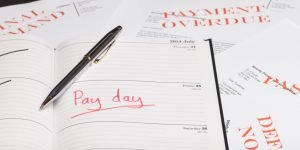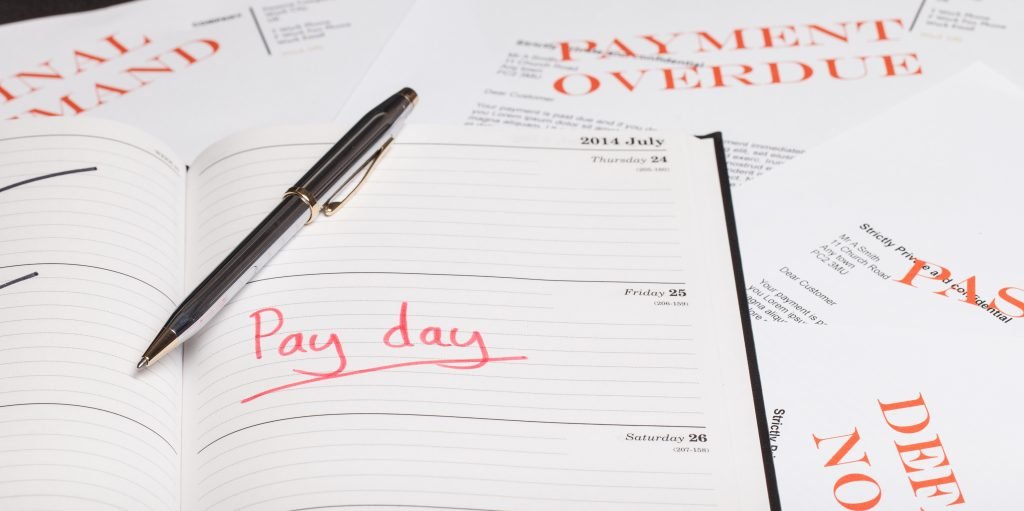 When you get your first paycheck, you go on a splurge. You treat your loved ones to a nice dinner and buy yourself a few additions to your wardrobe. There will be other paychecks to follow, so investing in yourself seems worthwhile. There is nothing wrong with celebrating the fruits of your labor. When it comes to succeeding paychecks, however, you need to be smart.
When you get your first paycheck, you go on a splurge. You treat your loved ones to a nice dinner and buy yourself a few additions to your wardrobe. There will be other paychecks to follow, so investing in yourself seems worthwhile. There is nothing wrong with celebrating the fruits of your labor. When it comes to succeeding paychecks, however, you need to be smart.
Living Paycheck to Paycheck
It’s a situation many have found themselves in, whether they were in their first job or starting their first business. It’s tough getting started, but the idea is you should spend less than what you earn. If you’re spending all of it and waiting for your next paycheck so you can spend some more, you’re not doing it right. TAB Bank shares that it’s time to put more emphasis on personal banking, specifically on saving up for the rainy days.
Start Small
The snowball effect is a term that’s often used to describe debt. You start with a small principal, but interests accumulate and enlarge the debt until it becomes hard for you to settle the full amount. The same principle can be used for your savings, however. A small amount set aside today can start earning interest, and if you keep adding to it every month, you will have a sizable amount once it’s time to retire.
Using Credit Is Not Inherently Bad
When trying to save money, you may think credit cards are your worst enemy. But when you use them wisely, they can build your credit score and help you save money, as well. Rather than paying a huge amount in one go, you are dividing a big purchase into more manageable sums. This means you’ll have enough money leftover for your other current expenses. As long as you pay your credit card statements on time, you should not have a problem with snowballing debt.
Yes, you can save money even if you’re just starting your first job. Start now, and you’ll thank your younger self in the future.
